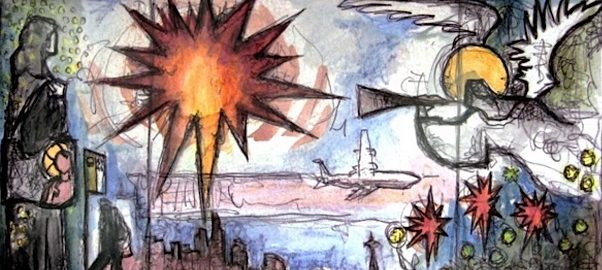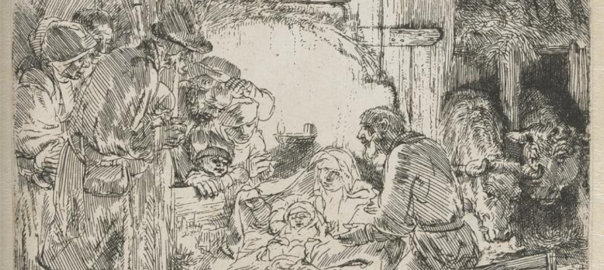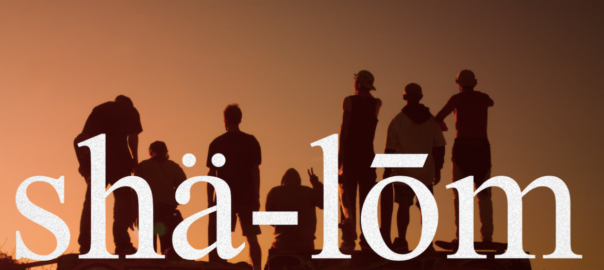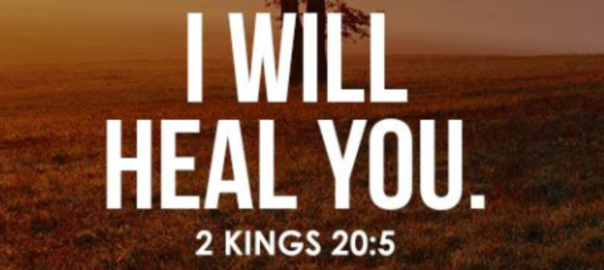
Easter. Bunnies and chocolate, egg hunts and beautiful dresses.
Easter. A time of renewal as spring is fully here.
Easter. Family feasting.
Easter includes all of these cultural expressions, some rooted in ancient spring rituals that antedate Christianity. The word itself originates with fertility deities celebrating new life. Other practices are the creations of brilliant marketeers.
For billions throughout history and around the world, however, Easter is about the most important event in human history: the bodily resurrection of Jesus of Nazareth. His crucifixion on Good Friday is a mere martyrdom without this divine affirmation of triumph over death. In First Corinthians, chapter 15, the Apostle Paul, himself a former persecutor of the church, declares that without the resurrection of Jesus, the entirety of the Christian faith is in vain and founded on a lie. Without the resurrection, there is no hope in our future or present as we confront evil and suffering – we might as well, “eat, drink and be merry, for tomorrow we die” (a famous Epicurean saying rooted in the denial of life after death).
Amidst all the chocolate and flowers, billions of Christians will declare, “He is Risen!” and respond with, “He is Risen, indeed!” this confession is at the core of the faith and ultimately, this belief is what splits history into BCE and CE or BC and AD…before Christ and “in the year of our Lord” (or “before the common era and the common era).
The resurrection declares that Jesus’ death is full of meaning: the forgiveness and sins and bearing of sicknesses, sorrows and undeserved suffering. Justice and love meet perfectly as the Incarnate One bears the penalty and shame for all human sin. But death does not win! The resurrection is also the preview of our human future as we see our destiny when the world is fully restored. Such hope, empowered by the Holy Spirit, inspires our acts of love and justice today.
Please enjoy Easter in all its expressions…and remember that the essence of Easter is hope in Christ and an invitation to new life that is not mere pagan celebration, but spiritual transformation.




